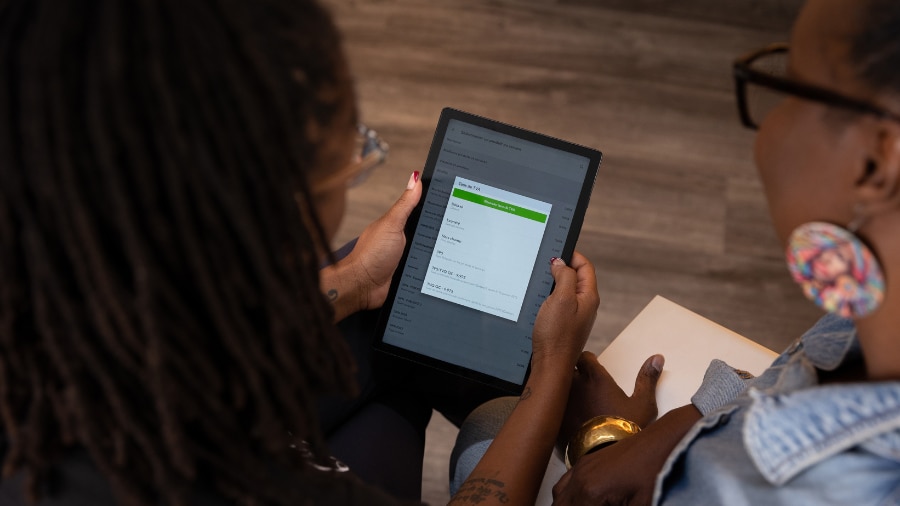Are you gearing up for the tax season and wondering, "What do I need to provide my accountant to file my small business taxes effectively?" As a Canadian small business owner, you juggle numerous roles, from visionary to marketer.
But when it comes to taxes, the complexity of the Canadian tax system might warrant the expertise of a tax professional.
This guide explains the documents you'll need to give your accountant for tax preparation, ensuring you're well-prepared and stress-free during this crucial time.

